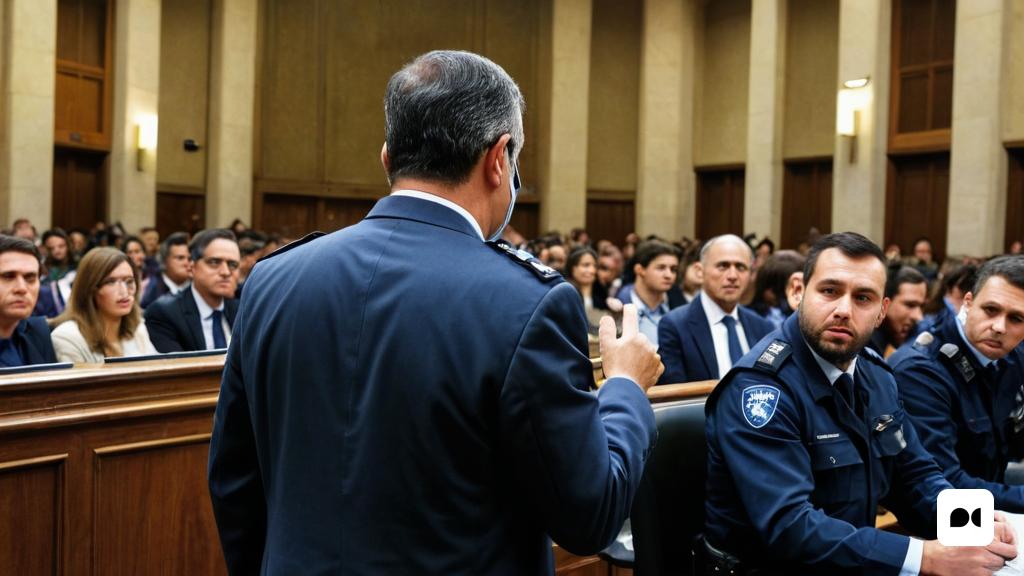Request for amnesty by the Spanish police
The first amnesty requests have already been submitted by the Spanish police officers who attacked voters during the October 1 referendum. Although the unions denied that this would happen, 9 of the 51 agents prosecuted for beating and mistreating voters in centers in Barcelona have requested amnesty in court. These requests were presented on Wednesday, one day after the Procés amnesty law came into force.
Judge’s decision on the application of the amnesty
The investigating judge 7 of Barcelona, Francesc Miralles, will be the one who decides whether the amnesty law applies to the agents. The police’s defense insists that they did not commit any crime. The magistrate left the 51 agents in two cases one step away from trial: one for attacking citizens in schools and another for causing serious injuries to a protester. The Prosecutor’s Office has asked that the agents not be tried, arguing that they fulfilled their duty (https://rereferencesbibliograficas.com/como-parafrasear/).
Reactions and appeals against the amnesty
Most of the amnesty requests are from politicians and pro-independence activists, who have also requested that their criminal cases be archived. However, organizations such as Irídia, Òmnium Cultural and the ANC oppose the amnesty for the 1-O police officers. These organizations will present appeals against the amnesty and it will be the Barcelona Court that will make the final decision.
Performance of the agents during 1-O
The 9 Spanish police officers requesting the amnesty acted in six centers during the referendum. According to Judge Miralles, there were numerous injuries due to the violent actions of the agents, who even hit people on the head with batons. Although most of the injuries are minor, if the amnesty had not been approved, many of them would have already expired. Popular accusations will present appeals against the amnesty and it will be the Barcelona Court that will make the final decision (https://www.parafrasear.ai/reecripta-textos).
Arguments of the defense of the police
The police attorney maintains that their actions were legal and that they did not commit acts of torture or inhuman or degrading treatment. According to the amnesty law, these acts are excluded from obtaining the dismissal of a criminal case. The lawyer argues that the police officers did not commit any crime and that there is no impediment for them to be amnestied. Furthermore, he points out that the investigations were based on photographs without proving their authorship and on the minimal use of force, which is doubtful as to its illegality (https://explorable.com/es/ayuda-para-ecripta-un -article).
Mixed opinions on the amnesty
The request for amnesty for the 1-O police officers has generated mixed opinions. While some argue that they fulfilled their duty and that the amnesty is necessary to alleviate their procedural situation, others consider that the agents who committed attacks during the referendum cannot be amnesty. The Barcelona Court must make a final decision on the application of the amnesty.
Conclusion
The request for amnesty by the Spanish police officers who attacked voters during 1-O has generated debate and controversy. While some defend their actions and argue that they did not commit crimes, others consider that amnesty cannot be given to the agents who caused injuries to citizens. The final decision on the application of the amnesty will be in the hands of the Barcelona Court.

